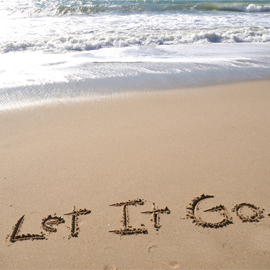Facing relapse objectively

Facing relapse objectively is essential in the treatment of substance abuse
Facing relapse objectively: Giving up on addiction, not an option
Acknowledging that the process of addiction recovery will not be easy is in itself a motivation. It helps in creating psychological preparedness in facing relapse objectively. Many addicts miss the point along the way by giving in to temptations. Even though relapse is a manageable risk, many are scared of failing. As experts from the AWAREmed health and wellness resource center under the able leadership of doctor Dalal Akoury MD this shouldn’t make you lose focus. The desire to be transformative in approaching all matters of addiction recovery. Always igniting the light of hope that, despite the surrounding, you will follow your treatment plan religiously. Take the greatest asset here which is your family and friend along. They are proud of you and are behind you, supporting you all the way.
The journey will not be full of roses. And in the event you relapsed, don’t let this wear you down. Keep moving and accept that it has happened. Take note when it happen, why it happen and what might have caused it and how you purpose to prevent it from recurring again. With this notes taken take another step the moment you are able to soberly communicate. Share this with your psychotherapist or counselor. Seek for help from them on how to stop this from occurring again. Such experts will be able to assemble a work plan containing ways of dealing with this new development. This way, you will be motivated to pick up the pieces and win the war of addiction objectively.
Facing relapse objectively: How you can avoid relapse
There are several things you can do to prevent this from happening. These may include:
- Keeping off from such things that may trigger your addiction, like alcohol in the house or medicine bottles (e.g. painkillers).
- Try and elude circumstances in which your emotions are involved which will cause you in seeing your addiction as the answer or a form of escape.
- Flee from events or social situations which may trigger a relapse. For example, if your colleagues ask you to go for a drink after work, decline that offer.
- Avoid social gatherings and friends who take drugs and make new friends.
- Keep a telephone number of an addiction helpline or your local support group close to hand so that you contact them if you feel as if you are going to relapse.
- Keep attending self-help groups, counseling sessions, and support networks even if you feel as if you don’t need their help anymore.
- If you suffer a relapse be honest with yourself as to why it has happened, accept it and carry on with your treatment.
Finally, we must work together to defeat addiction, relapse is sometimes very discouraging but with experts like doctor Akoury, all the challenge you may have will be addressed professionally. All you need to do is to schedule an appointment with her today for the commencement of your recovery process.
Facing relapse objectively: Giving up on addiction, not an option
http://www.awaremednetwork.com/



